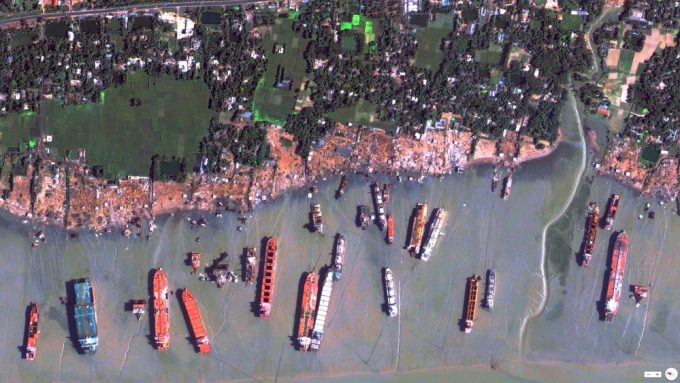Asia-West Africa ULCV deployment opens new markets for carriers
Following a sustained period of investment in port infrastructure and container handling equipment, ultra-large container ...

Laid-up containership capacity “remains at an alarmingly high level”, according to the latest review by Alphaliner and, worryingly for shipowners, there are still no signs of demand picking up.
In a survey taken on 4 April, the consultant recorded 325 idle containerships at anchor – equating ...

Comment on this article